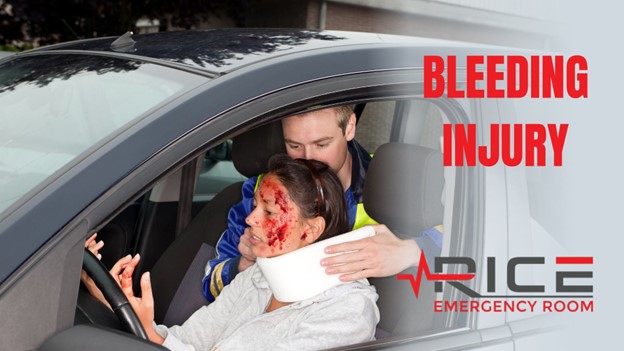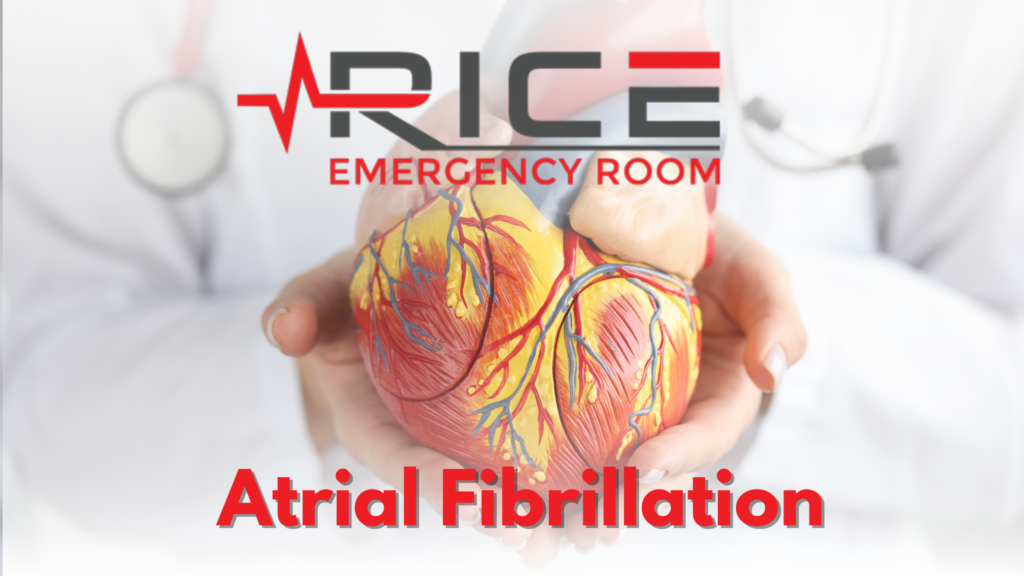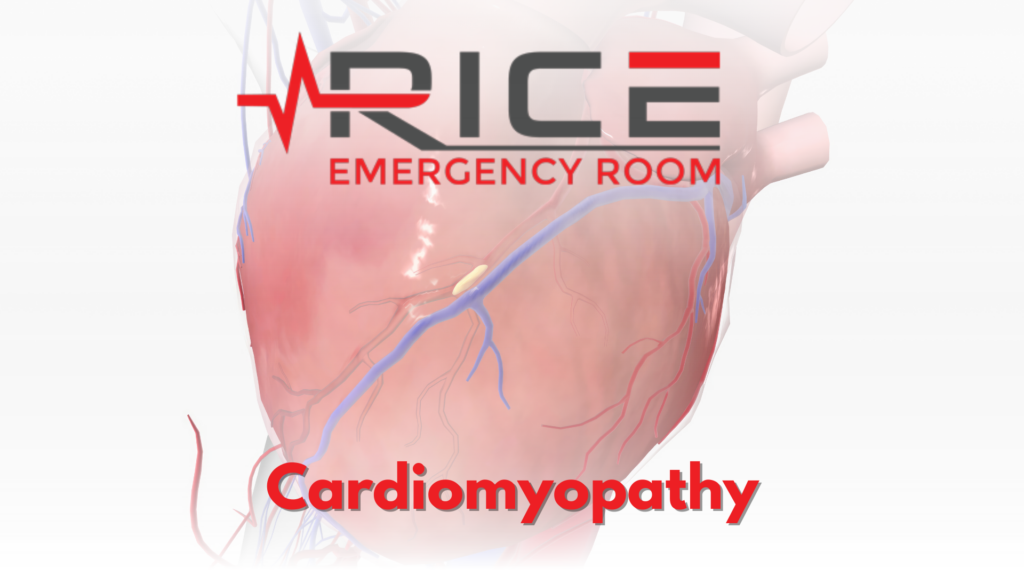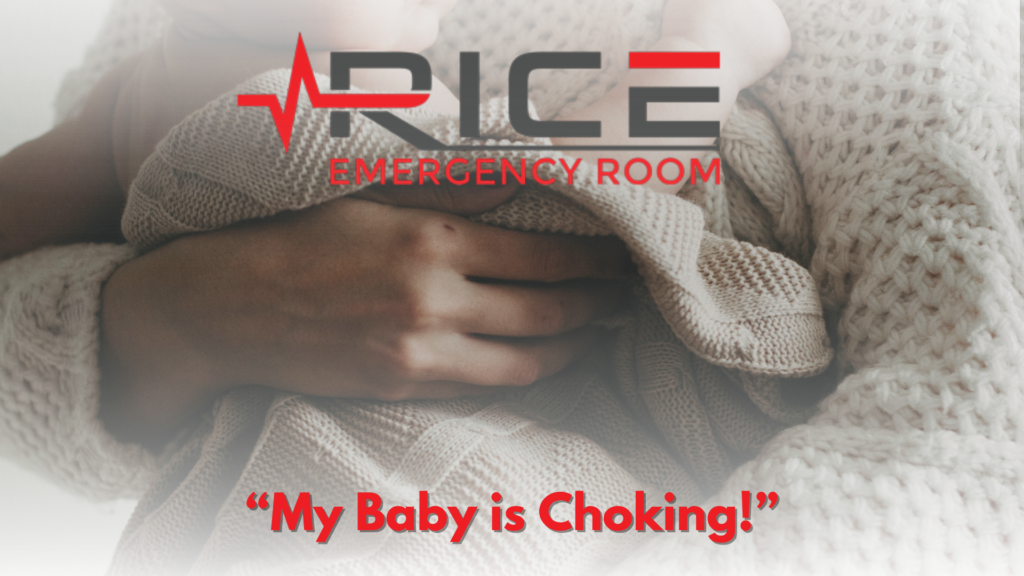What to Do for Severe Bleeding
Severe bleeding, also known as hemorrhaging, is a medical emergency that requires immediate attention. It is defined as the loss of a large amount of blood, either externally or internally, that can lead to shock and death if not treated promptly.
Hemorrhaging can be caused by various factors, including injuries, surgery, childbirth, and certain medical conditions. Knowing what to do in the event of severe bleeding is essential to prevent further damage and seek proper medical treatment. Let us discuss the steps to take in case of severe bleeding and how to provide first aid until medical help arrives.
Internal Bleeding Signs
Symptoms of internal bleeding due to trauma may range in severity, depending on the type and extent of the injury. The damage is often immediately apparent in the case of more severe trauma.
It is essential to seek medical attention if you suspect you may have sustained internal bleeding due to trauma. The symptoms experienced will depend on the trauma suffered and the affected body part. In less severe trauma cases, symptoms may take longer to develop and gradually become more powerful as the bleeding persists.
Some of the examples are:
- Light-headedness, dizziness, or fainting can be caused by internal bleeding resulting in significant blood loss.
- Ecchymosis, or a large area of purple skin, may be caused by bleeding into the skin and soft tissues.
- Abdominal pain and swelling may indicate internal bleeding in the liver or spleen due to trauma. These symptoms may worsen as the bleeding continues.
- Swelling, tightness, and pain in the leg may result from internal bleeding in the thigh, often caused by a thighbone fracture.
- Headaches, seizures, and loss of consciousness may be symptoms of internal bleeding in the brain. Seeking medical attention if you experience any of these symptoms is essential.
(MedlinePlus)
Bleeding and Blood Thinners
It is essential to treat blood clots as they can cause heart attacks, strokes, and blockages. Blood thinners are medications that help prevent blood clots from forming. They do not dissolve existing clots but can prevent them from becoming more significant.
Specific individuals may require blood thinners due to heart or blood vessel diseases, atrial fibrillation, a heart valve replacement, a risk of blood clots after surgery, or congenital heart defects.
There are two main types of blood thinners: anticoagulants and antiplatelets.
Anticoagulants slow down the body’s clotting process. At the same time, antiplatelets prevent blood cells called platelets from clumping together and forming a clot. Antiplatelets are often prescribed for individuals with a heart attack or stroke.
Safety and Blood Thinners
Following the instructions carefully when taking a blood thinner is essential to ensure safe usage. Blood thinners may interact with certain medications, foods, vitamins, and alcohol, so you must inform your healthcare provider of all the medicines and supplements you are taking. It is essential to carry the appropriate medication dosage to prevent clots without increasing the risk of bleeding. Regular blood tests may be necessary to monitor the effectiveness of the blood thinner in preventing clotting.
First-aid Steps for Bleeding
- If the wound is deep or the severity is uncertain, call 911 or the local emergency number. Avoid moving the injured person unless necessary to prevent further injury.
- Don disposable gloves and personal protective equipment, if available, before checking for the source of the wound.
- Remove any clothing or debris from the wound and look for the source of the bleeding. Remove any obvious debris, and do not probe the wound. Do not try to clean the wound or remove large or deeply embedded objects.
- To stop the bleeding, cover the wound with sterile gauze or a clean cloth and press firmly with the palm of your hand until the bleeding stops. If a skull fracture is suspected, do not press on an eye injury, embedded object, or head wound.
- Wrap the wound with a thick bandage or clean cloth and tape, and lift the injury above heart level if possible. Help the injured person lie down, placing them on a rug or blanket to prevent loss of body heat. If signs of shock, such as weakness, clammy skin, or a rapid pulse, are present, elevate the feet. Reassure the injured person calmly. If the blood seeps through the bandage, add more gauze or cloth to the existing plaster and continue pressing firmly on the area.
(MayoClinic)
In conclusion, it is crucial to seek emergency medical attention for deep or uncertain wounds and to follow proper steps to stop bleeding and protect the injured person while waiting for help. Careful attention to detail and following the appropriate protocol can save lives in severe bleeding. If an emergency, call 911 or head to the nearest emergency room.
Rice Emergency Room
Rice Emergency Room is equipped to get emergency severe bleeding under control. We can perform stitches and identify wounds or internal bleeding that require emergency care. From automobile accidents, cuts and puncture wounds, sports injuries and deep abrasions, blood loss needs immediate treatement. We’re here for your family 24/7, 365 days a year and conveniently located in Rice Village.
Works CIted
Mayo Clinic. “Severe Bleeding: First Aid.” Mayo Clinic, Mayo Foundation for Medical Education and Research, 8 Oct. 2022,
www.mayoclinic.org/first-aid/first-aid-severe-bleeding/basics/art-20056661.
WebMD. “Abdominal Pain & Internal Bleeding from Injury: Symptoms, Treatments.” WebMD, WebMD,
www.webmd.com/first-aid/internal-bleeding-causes-signs.
MedlinePlus. “Blood Thinners | Anticoagulants.” MedlinePlus, U.S. National Library of Medicine,




